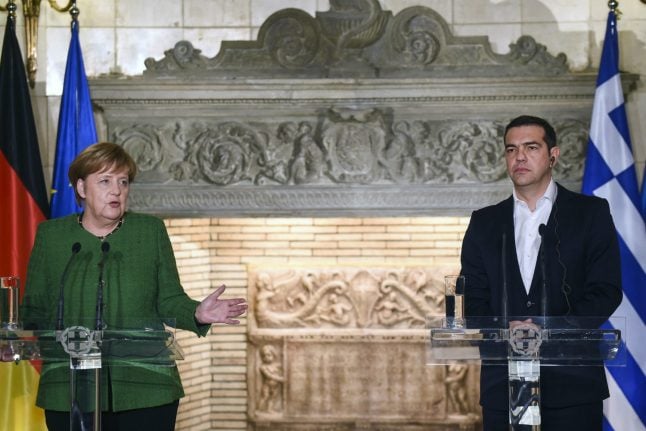“Greek will certainly need a decade rather than a year to return to full competitiveness,” he told weekly business magazine Wirtschaftswoche.
Much depended on the Greeks’ acceptance of harsh economic measures, he said.
“We cannot spare the Greek people the necessary adjustment measures. At the end, the people decide whether they can, and will, take the burden,” he added.
The Greek government was at least clearly in favour of doing all that was necessary to remain within the euro, although this made significant demands of the people, said Schäuble.
“We should have respect for the enormous adjustment burdens which are being demanded from the Greek people. Although it does not always seem to be fair, if one can believe the media reports of yachts in Piraeus or Mykonos and other places.”
He said if Greece was not rescued during the current euro crisis, the European Union itself could collapse.
“There is a real danger that the currency union could fall apart. The EU would lose enormously in terms of political credibility and ability to act in the future,” he told the magazine.
Schäuble also criticised the Italian government for its lack of consistency in the financial crisis and called for it to make more effort to win over the trust of the financial markets.
“Those responsible in Italy – and in all other countries – have to know that it is problematic to announce measures or promises and then not to keep to them. That is no way to win the trust of the financial markets.”
The Local/hc



 Please whitelist us to continue reading.
Please whitelist us to continue reading.
Member comments